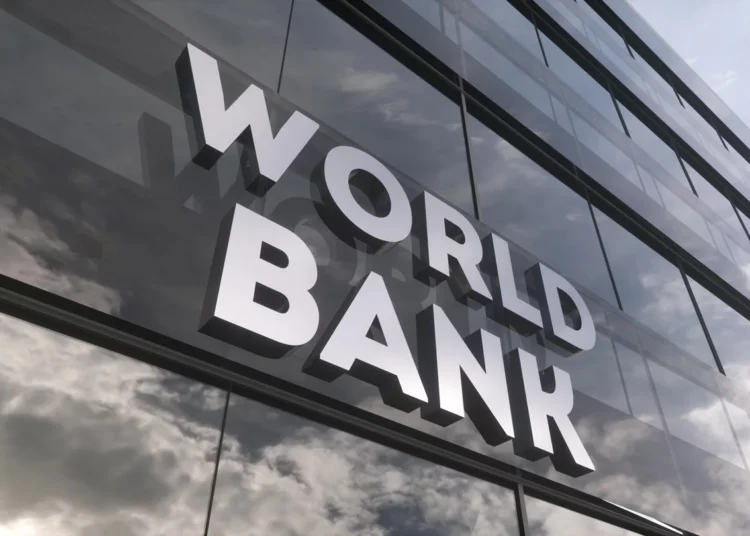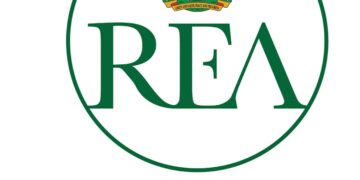Nigeria is prepared to highlight key energy projects to enable it take advantage of the $40 billion World Bank and African Development Bank (AfDB) power finance initiative.
The World Bank Group and the African Development Bank Group are prepared to convene an Africa Energy Summit on January 27-28 to advance an ambitious plan to deliver electricity to 300 million Africans by 2030, in a bold step to address Africa’s persistent energy crisis.
The development banks have also announced terms for African countries to secure $40bn in power finance under the Mission 300 programme. About 13 countries will present their plans at the Mission 300 energy summit to be held in Tanzania at the end of January 2025. Nigeria, the Democratic Republic of Congo, Chad and Ivory Coast are among the countries presenting their plans at the conference.
This initiative aims to provide electricity to 300 million Africans by 2030.
The goal is to connect half of the continent’s population through national grid-linked power projects, and the remainder via off-grid technologies such as solar mini-grids.
The programme pledges $30billion in finance from the banks, with an additional $10bn expected from private institutions.
The summit, slated for Dar es Salaam, Tanzania, will bring together 13 African Heads of State, international partners, philanthropies, and private sector leaders to advance mission 300, an initiative to scale energy access and accelerate the continent’s clean energy transition.
The time to act is now, said World Bank director of Infrastructure for West Africa, Franz Drees-Gross.
“Mission 300 represents not just an ambitious target but a movement…we are creating a lasting impact that will power Africa’s growth and enable millions of people to access the essential services electricity provides,” Drees-Gross told journalists at a media briefing at the weekend.
The World Bank Group and the African Development Bank launched the initiative in April 2024 in an unprecedented collaboration, alongside other global partners, to bridge the persistent energy access gap in Africa, leveraging innovative technology and innovative financing. Nearly 600 million Africans, representing a staggering 83 percent of the world’s energy have-nots — lack access to electricity.
“The upcoming Summit will unveil new initiatives aimed at boosting domestic resource mobilization and encouraging cross-border trade to spread risk and increase financing for energy access,” African Development Bank’s director for Energy Financial Solutions, Policy and Regulation, Wale Shonibare, said in his opening comments.
Already, the Global Energy Alliance for People and Planet (GEAPP) and The Rockefeller Foundation have committed $10 million to create a technical assistance facility supporting electricity projects across 11 African nations.
“What makes this initiative different from what institutions have done in the past is the ‘all hands-on deck approach’ with a lot of institutions working hand-in-hand to deliver the ambitious agenda,” explained IFC’s director for Infrastructure in Africa, Sarvesh Suri.
The Summit will culminate in the signing of the Dar es Salaam Energy Declaration, committing African governments to accelerate energy access, promote renewable energy adoption, and attract private investment.
Thirteen pilot countries, including Nigeria, the Democratic Republic of Congo, and Côte d’Ivoire, will pledge reforms in five key areas — low-cost power generation, regional energy integration, increased energy access, enabling private investment, and utility strengthening.
We’ve got the edge. Get real-time reports, breaking scoops, and exclusive angles delivered straight to your phone. Don’t settle for stale news. Join LEADERSHIP NEWS on WhatsApp for 24/7 updates →
Join Our WhatsApp Channel










